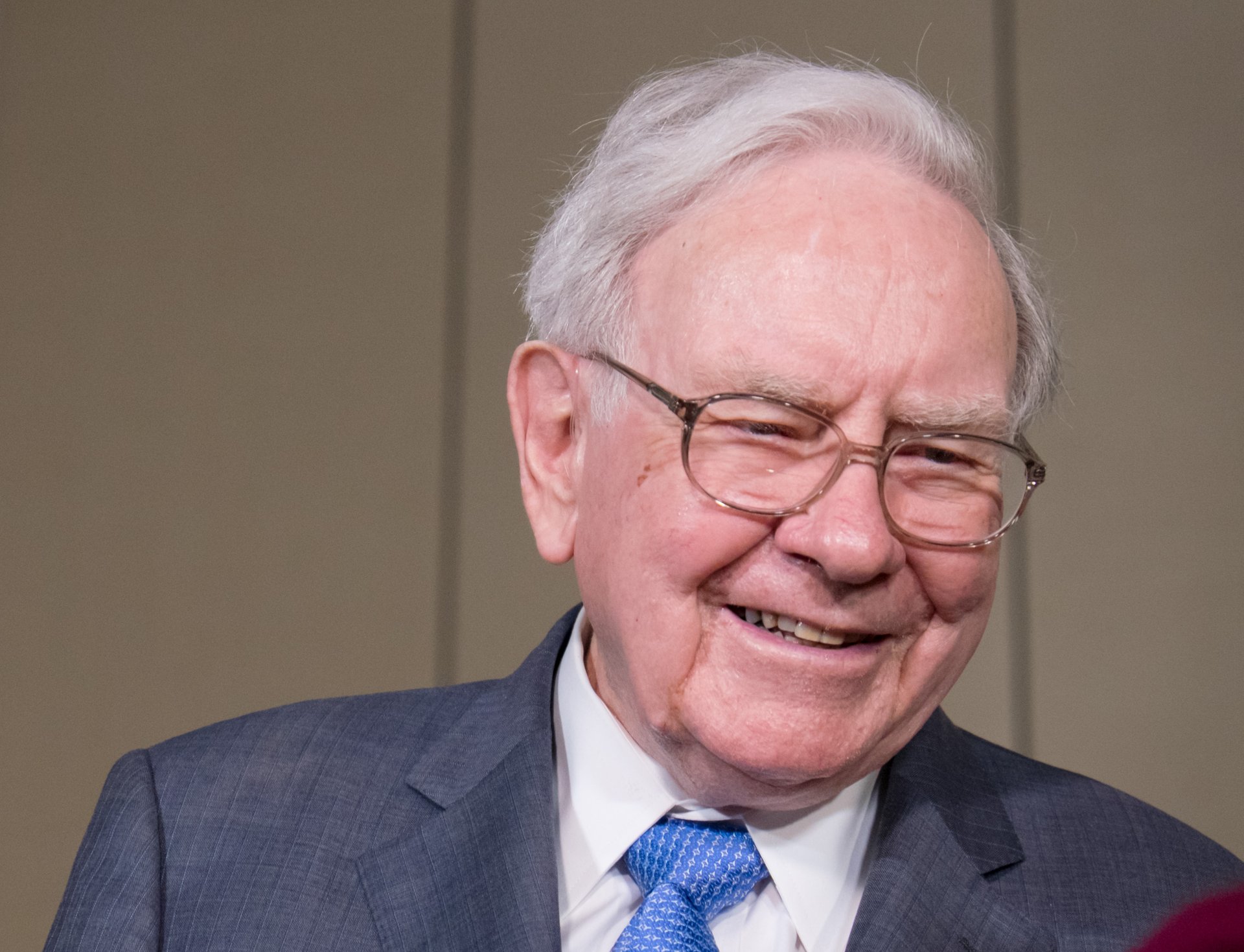
Billionaire investor Warren Buffett just won a 10-year bet worth more than $1 million. His winnings will benefit a charity, Girls Inc. of Omaha, Nebraska. But you can profit from the bet, too.
If you can understand how Buffett beat a Wall Street hedge fund manager, you stand to reap the type of returns that solidified Buffett’s victory. And the reason for Buffett’s successful bet is simple: index funds.
Before we break that down, though, let’s start at the beginning.
The bet
Buffett, who is CEO of Berkshire Hathaway, made his wager with Ted Seides, who worked for the firm Protege Partners at the time.
The two bet on this:
“Over a ten-year period commencing on January 1, 2008, and ending on December 31, 2017, the Standard & Poor’s 500 stock market index (S&P 500) will outperform a portfolio of funds of hedge funds, when performance is measured on a basis net of fees, costs and expenses.”
To test this claim in the real world, Buffett chose a particular S&P 500 index fund, the Vanguard 500 Index Fund. His challenger chose a collection of hedge funds that were not disclosed.
A hedge fund is an investment partnership where limited partners put up money, and the general partner — also known as the manager — invests the cash. Investments can run the gamut from stocks and bonds to real estate, precious metals or commodities. For a primer, check out “Ask Stacy: What the Heck Is a Hedge Fund and How Do They Work?”
An index fund is a type of mutual fund — a pool of investments, typically made up of stocks and bonds.
The defining characteristic of index funds is that they are designed to mirror the performance of a particular market benchmark, or index, such as the S&P 500 stock market index. For example, the Vanguard 500 Index Fund is a basket of securities chosen to collectively match the returns of the S&P 500 index.
The winner
Over the 10-year course of the bet, Buffett’s index fund returned 7.1 percent compounded annually, the Wall Street Journal reports. The basket of hedge funds returned an average of 2.2 percent.
The Vanguard 500 Index Fund is classified as a stock index fund because it’s meant to mirror the performance of a stock market index. So, I’ll focus on stock index funds here.
Stock index funds have a trio of advantages that separate them from other types of investments. These same advantages helped Buffett beat his challenger — who conceded defeat months before the challenge technically ended.
These advantages are:
- Diversification: A stock index fund offers more diversification, and thus lower risk, than individual stocks. If you are invested in one company and its stock goes south, it will send your investment portfolio south. But if you are invested in 500 companies and one goes under, it is likely to have relatively little effect on your portfolio.
- Low costs: Stock index funds are designed to match the performance of a market benchmark — a task that can be managed by a computer. This makes the funds cheap to run, which translates to lower fees for investors. Other types of mutual funds, as well as hedge funds, attempt to beat the market. They are actively managed by professionals, which translates to higher fees for investors.
- Higher returns: Stocks — and thus, stock index funds — have historically offered greater returns than other types of assets, like bonds. Additionally, analyses have shown that index funds tend to yield greater returns than actively managed funds.
To learn more about the difference between index and actively managed funds, check out “Ask Stacy: Are Actively Managed Mutual Funds Better Than Index Funds?”
So, what’s your take on Buffett’s wager? Share your thoughts below or over on our Facebook page.




Add a Comment
Our Policy: We welcome relevant and respectful comments in order to foster healthy and informative discussions. All other comments may be removed. Comments with links are automatically held for moderation.